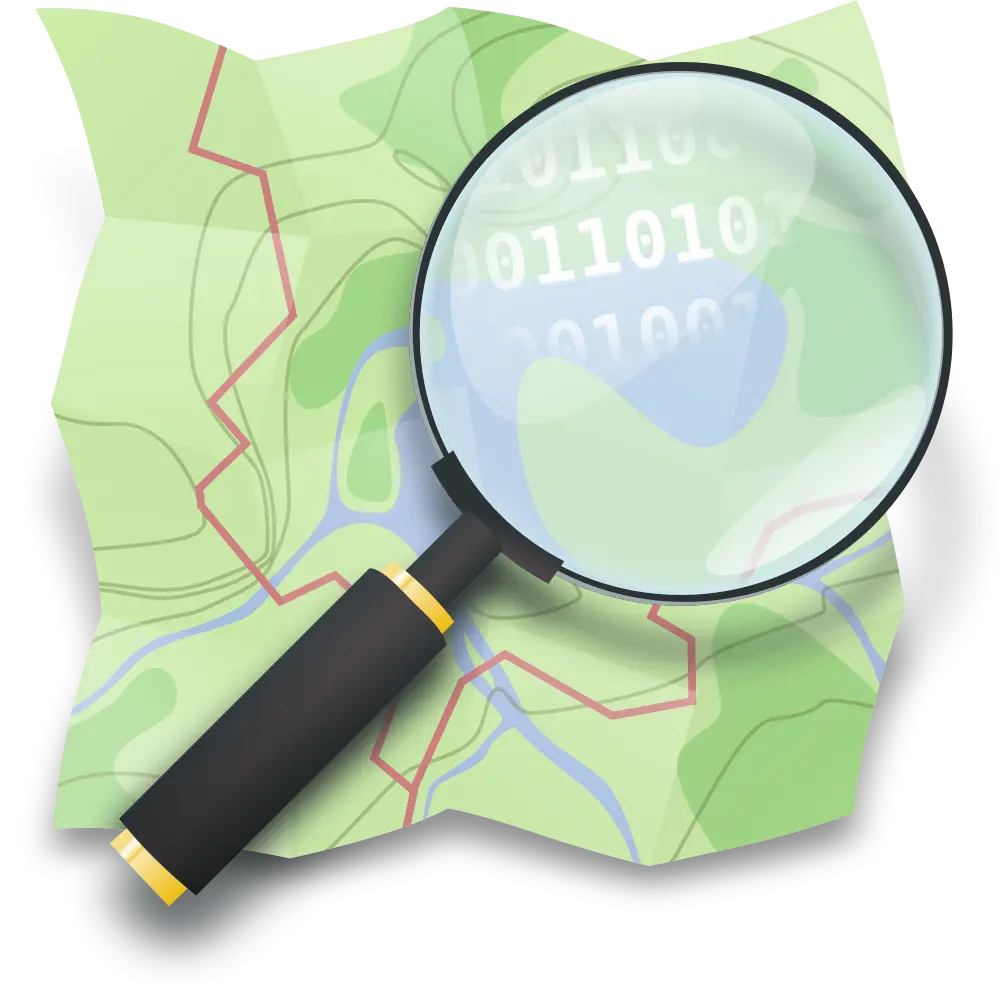- 12 Posts
- 6 Comments

 11·5 months ago
11·5 months agoIt’s important to realise that programming.dev is centralised in Cloudflare, a US-based gatekeeper who is antithetical to fedi principles. When someone looks for an alternative to #Reddit, I imagine they don’t want yet another tech giant. They are looking for a decentralised place that values balance of power.
So I suggest directing people to !emacs@lemmy.sdf.org instead.

 2·5 months ago
2·5 months agoIn my case I need geocoding because I am starting with addresses, not coordinates.
Nonetheless, I am amazed to hear that chatgpt can write software like that. I am getting out of touch because I boycott Cloudflare, Microsoft, Google, Amazon, Facebook, etc. So I appreciate the tip. Theoretically I could make use of that for my 2nd step of going from DB to GPX file, but I’ll be tempted to try something like gpsbabel first.

 2·5 months ago
2·5 months agothanks. Indeed I just checked and Nominatim is still viable. I may just do that.
Though I must say it’s bizarre that such a common need has no software. Everytime I travel somewhere, reviews for interesting restaurants, beer, attractions, etc, only give addresses, not GPS coords. I would expect by now someone would have been driven mad by all the manual entry by hand.

 1·5 months ago
1·5 months agoReally? Zsh expands short parameters to long? My search comes up dry. This is apparently the most comprehensive treatment on the topic:
https://thevaluable.dev/zsh-expansion-guide-example/
I don’t see mention of tool options expanding… just other parameters like variables.

 1·5 months ago
1·5 months agoGlad to verify my click bait worked. A doc once told me the pinky toe is getting increasingly smaller and will one day go away. So the next notable evolution may be 4 toes… 2 toenails less to clip!
I suppose UIs will evolve away from keyboards faster than we evolve to have more fingers.




I was quite confused when I read your post because Tesseract is an OCR engine. Your link helped sort it out.
I think I have come across various fedi web clients that do conversions. I think peertube shrinks videos, IIRC. The auto conversions are useful but they must be conservative in the extent of their changes. The posterizing that I do w/Imagemagick makes a dramatic change so it could not be done automatically by a client or server, as users need to review the output and decide. So I believe the best compression will always require manual effort in order to judge whether the quality loss is still acceptable for the application.
Regarding Tesseract (the lemmy client) – does that work offline? I’m always looking for a Lemmy client that can briefly connect to sync content and then support reading and writing messages when offline.